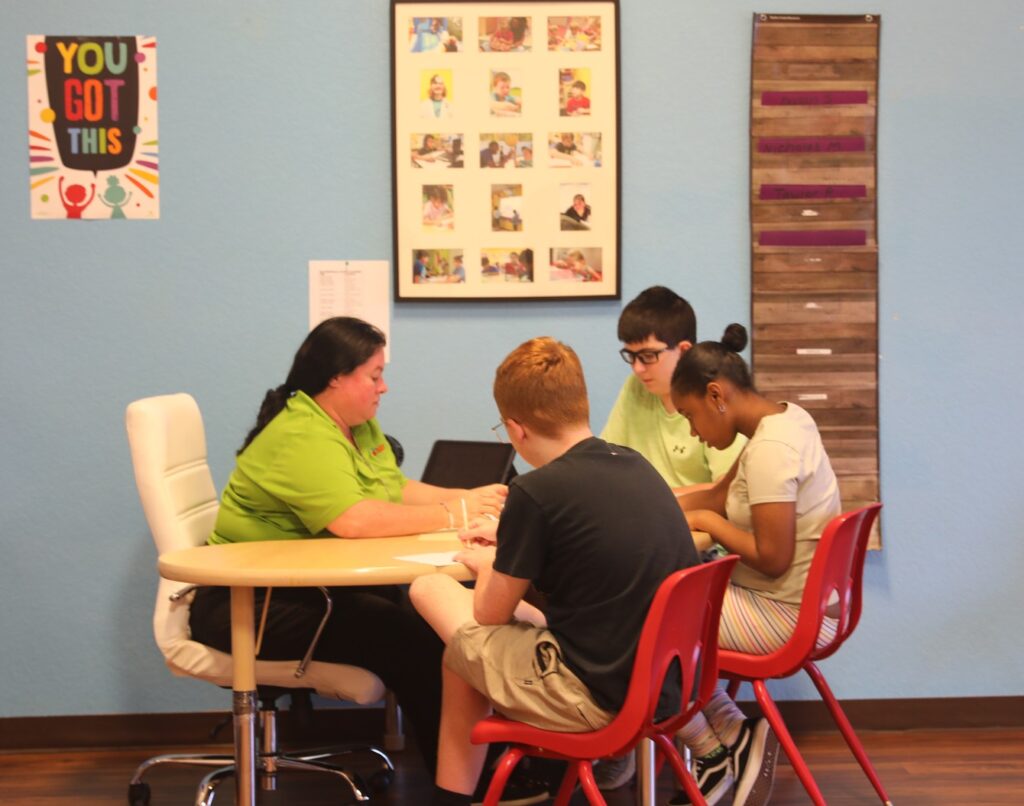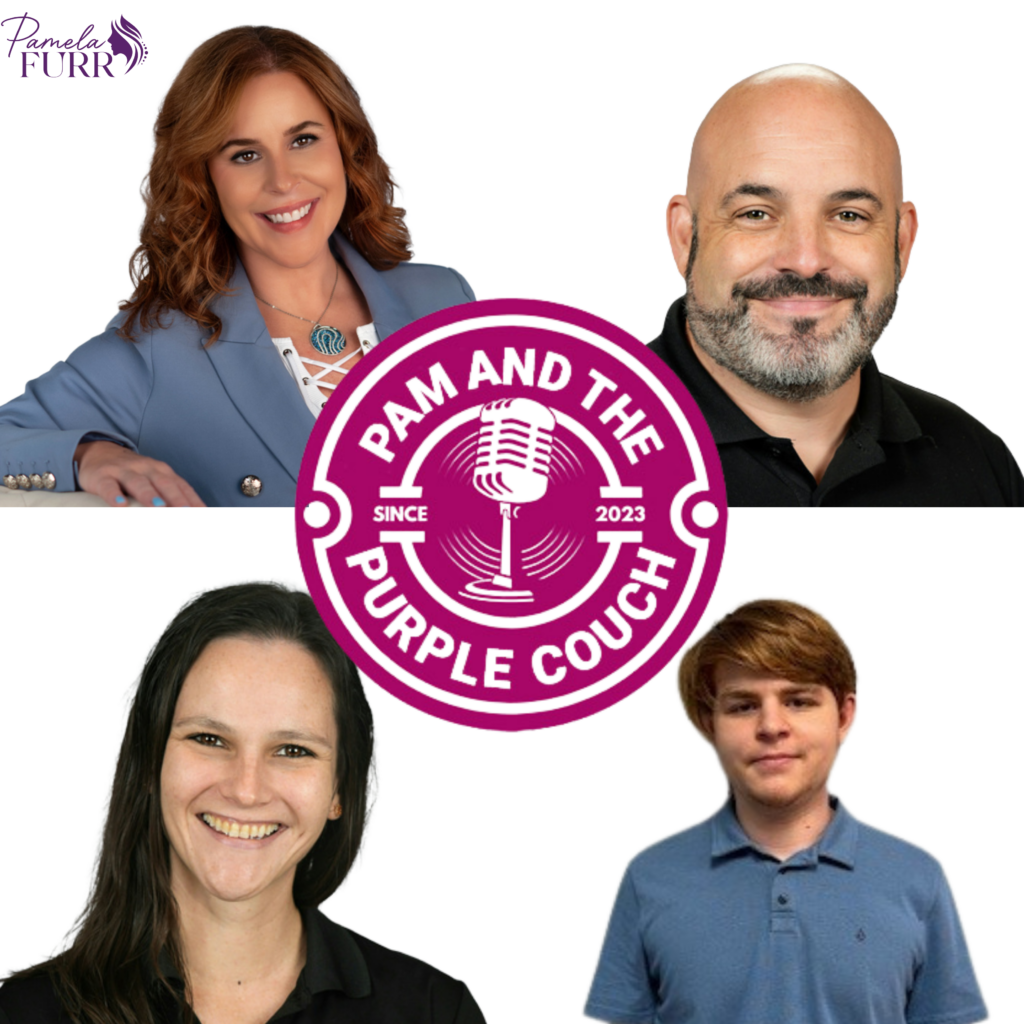Education holds the key to unlocking a world of opportunities, but for many families with neurodivergent children, the financial hurdles of tuition, educational programs, and specialized resources can feel overwhelming. The good news? A wealth of scholarships and financial assistance programs are designed to ease this burden. While navigating the landscape of fellowships can seem daunting, it’s a path worth exploring to ensure your child receives the education they deserve.
This guide will provide clarity and actionable steps for exploring scholarships and financial resources tailored to neurodivergent students or those with disabilities. With a strategic approach, families can unlock the funding they need and empower their children to thrive academically and beyond.

Understanding the Landscape of Scholarships
Not all scholarships are the same; understanding which ones are available for your child is the first step. Here’s a breakdown of the common types of scholarships you’ll encounter, each serving a specific purpose depending on eligibility criteria and funding.
1. Merit-Based Scholarships
These scholarships reward academic excellence, artistic achievements, or exceptional talent in music or sports. While merit-based scholarships are competitive, many programs take into account more than just grades—making them an exciting avenue for students with unique talents.
2. Need-Based Scholarships
Need-based scholarships are designed to assist families with financial hardships and consider household income, family size, and other economic factors. These scholarships provide an invaluable lifeline to neurodivergent families who may be managing additional costs for therapeutic support, assistive technology, or specialized learning resources.
3. Disability-Specific Scholarships
These are scholarships explicitly tailored for students with disabilities, including neurodivergent conditions such as autism, ADHD, or dyslexia. Many organizations recognize these students’ unique challenges and aim to support them as they pursue their education.
Key Takeaway
Applying for multiple types of scholarships can often help increase your chances of securing funding. Diversifying your applications can make a world of difference!

Where to Find Scholarships
Now that you know the different types of scholarships, where do you look for them? The answer is everywhere—but some sources are more reliable and fruitful than others.
1. National Organizations
Many national organizations advocate for disability rights and offer scholarships for eligible students. Examples include the Autism Society, the National Center for Learning Disabilities, and the American Association on Intellectual and Developmental Disabilities (AAIDD).
2. Local Foundations
Don’t overlook local resources! Many community foundations and nonprofits offer scholarships specifically for families in their region. Check with your local Department of Education or resource centers for neurodivergent families.
3. School-Based Funding
Contact your child’s school to explore financial aid programs or partnerships they may offer. Many schools, especially private or specialized ones, provide direct scholarships or work with external sponsors.
4. Nonprofit Programs
Nonprofits such as Dreamscape Foundation and Learning Ally are champions of neurodivergent students, often providing funding, assistive technology, and training to empower students to succeed.
Pro Tip
Scholarship databases like FastWeb or Scholarships.com can save you time by filtering scholarships that match your child’s background, condition, and location.

Application Tips for Success
Securing a scholarship often means standing out amidst a sea of applicants. But don’t worry—we’ve gathered some tried-and-true tips to ensure your application shines.
- Tell Their Story: Encourage your child to share their unique perspective in essays. Judges often look for heartfelt, personal stories that convey resilience, determination, and goals.
- Stay Organized: Create a checklist of deadlines, required documents, and eligibility criteria. Missing a small detail could eliminate an otherwise strong application.
- Gather Strong Recommendations: Recommendations from teachers, guidance counselors, or mentors who know your child well can add a compelling touch to their application.
- Proofread and Revise: A polished, error-free application reflects your attention to detail and commitment to excellence. Ask a teacher or family friend to review the materials before submission.
Remember, the process can feel tedious, but persistence pays off. Celebrate each completed application as a step closer to success.
Highlighting Success Stories
To inspire your next steps, here are a few theoretical examples of families who successfully secured scholarships for their neurodivergent children.
- Jake, College Freshman with Autism: Jake applied for the Autism Society of America scholarship and received funding that covered his tuition. His essay shared the challenges of navigating high school while managing sensory sensitivities and his aspirations to become an architect.
- Sophia, High School Senior with Dyslexia: Sophia’s proactive search led her to a local community grant. She impressed the committee by detailing her strategies for overcoming academic challenges and her ambition to study education.
Success is possible, and your child’s story could be the next one to inspire.
Additional Financial Resources
Scholarships aren’t the only path to funding your child’s future. There are other resources available to support neurodivergent families in managing education costs.
- Grants: Look into federal and state grants available to families of children with disabilities. For instance, the Pell Grant can significantly reduce college costs.
- Tuition Assistance Programs: Some schools offer tuition discounts or payment plans to make costs more manageable.
- Tax Benefits: Families may qualify for tax credits or deductions related to educational expenses and therapy programs. Consult your tax advisor for advice specific to your situation.
Pairing additional financial resources with scholarships can ease the financial burden even further.
A Bright Future, One Step at a Time
Navigating the scholarship landscape may seem challenging, but with knowledge and determination, you can unlock incredible opportunities for your neurodivergent student. Education is a gift that every child deserves access to, no matter their abilities.
Start exploring today. Research, apply, and advocate for the scholarships and resources your family needs to support your child’s bright future. Your efforts could open doors that lead to boundless possibilities.
(Need help finding scholarships or financial resources? Please share your story in the comments, and let’s support one another!)
See our full episode!

